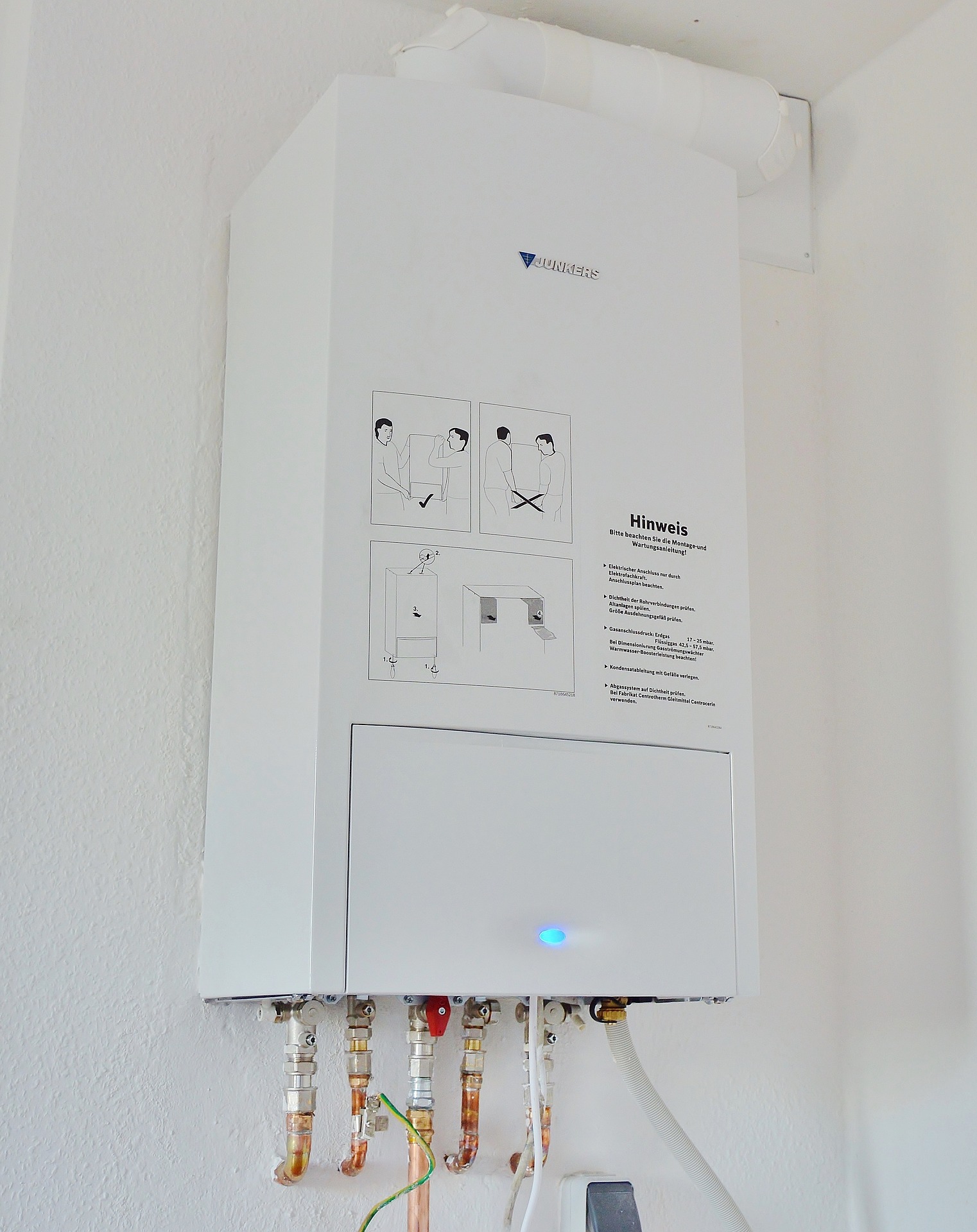Are Instant Water Heaters More Efficient?
With technology revolutionizing daily, there’s always a brand new fantastic tech in the market. One of the latest and most futuristic tools for ensuring a more energy-efficient home is tankless water heaters.
While standard units typically heat and reheat water continuously, Tankless heaters will generate warm water instantly with high-powered gas burners or electric coils. Moreover, instant heating water heaters require more extraordinary power. However, they use less energy overall.
According to an in-depth review by Consumer reports, gas-powered tankless water heaters are about 22% more efficient than conventional water heaters. But before making a purchase,you must weigh the benefits and drawbacks of an instant water heater:
The Pros of Tankless Water Heaters
The many advantages of installing a water heater include the following:
- These are energy-efficient which means that you’ll be saving money in the long run
- Tankless water heaters boast a longer lifespan and can last anywhere between 20 to 30 years depending on usage, maintenance, and conditions
- It takes lesser space than a storage-tank water heater
- On-demand water heaters are compact and can easily be installed in smaller, tight spaces. In fact, you can install them on the outside walls of your home
- You can enjoy access to hot water whenever you need it
- You don’t have to wait for hours to get hot water. In fact, you won’t even have to wait for 15 to 25 seconds for the water to become hot enough for you to enjoy a bath.
- Unlike tank water heaters, instant water heaters don’t spill gallons of water or spring a leak. Moreover, the air supply and exhaust vents are adequately sealed to ensure that carbon monoxide won’t leak into your house.
The Cons of Water Heaters
Let’s discuss the downsides of installing a water heater:
- Instant water heaters cost comparatively higher than storage tank water heaters
- Tankless water heater installation requires you to pay a relatively higher cost than replacing the old water tanker heater
- When you replace your broken water heater with a tankless water heater, your plumber-installer will require more time and money. It is because the installation of instant water heaters includes the complex relocation of existing piping
- They can be ‘output challenged.’
- There’s a slight chance that using your tankless for multiple tasks may lead to the water heater not performing well. If you shower while doing laundry, you may end up experiencing chilly rain.
The Bottom Line
An in-depth study shows that the cost of heating water eats up about 20% of your household budget, second to what your heating and cooling system consumes. Despite this vast amount, homeowners ignore the maintenance and repair of water heaters until they break.
If your water heater is near its end, it’s best to consider replacing it with a newer and better one. The federal regulations now require homeowners to purchase energy-efficient water heaters, thus opening the doors to futuristic and eco-friendly housings.





